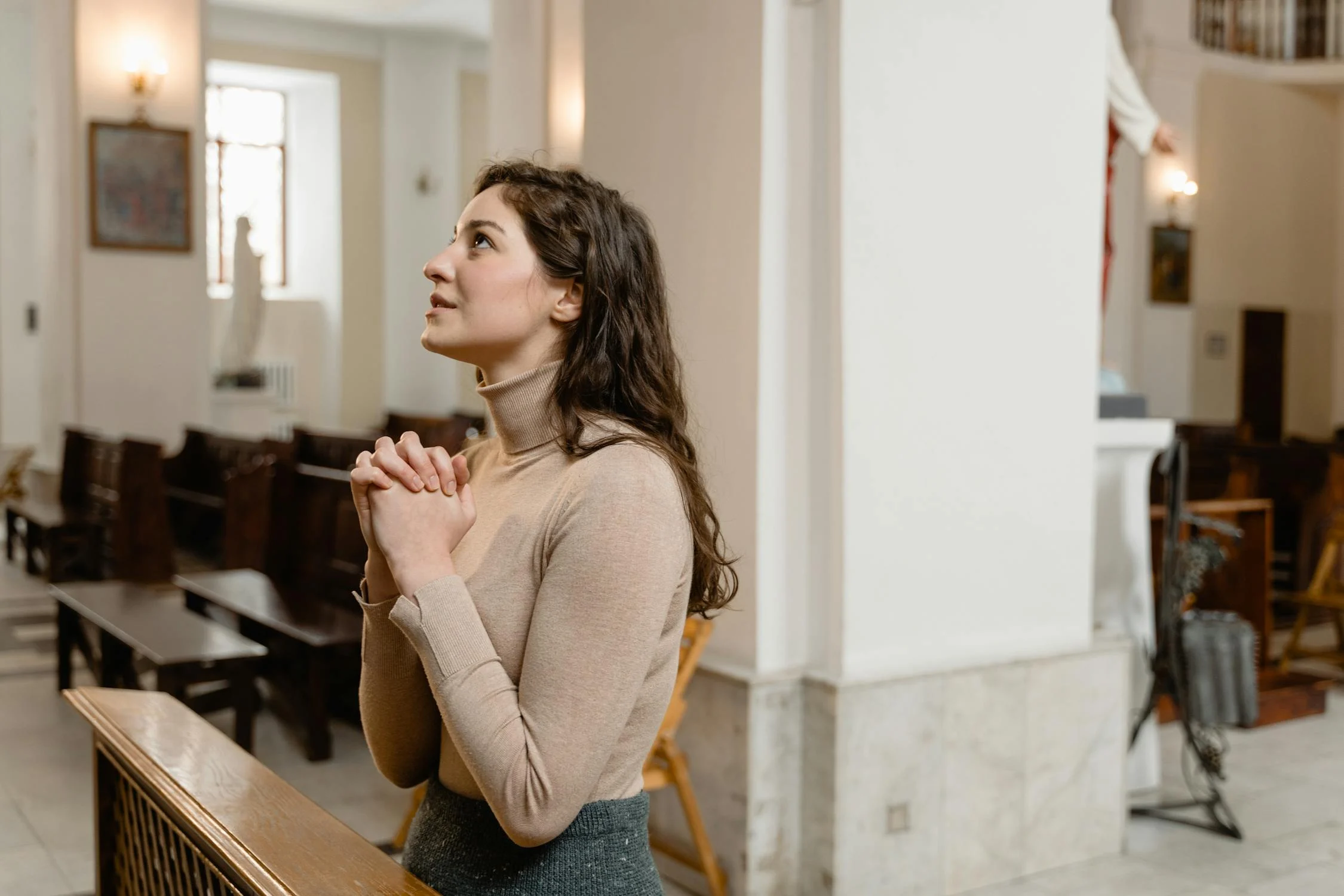The question of why God doesn’t simply make us inherently good touches upon deep themes of free will, love, and the nature of God’s creation as presented in the Bible. According to Scripture, God created humans in His own image, endowing them with free will and the ability to choose. This capacity for choice is central to the human experience and is what enables genuine love and relationship with God and with one another.
Genesis 1:27 states, “So God created man in his own image, in the image of God he created him; male and female he created them.” Being made in God’s image includes the ability to make choices, to love, to create, and to have dominion over the earth.
The presence of free will means that individuals have the freedom to choose good or evil. This reality is evident in the story of Adam and Eve in the Garden of Eden (Genesis 3). They were given the freedom to obey or disobey God, and their choice to eat from the Tree of the Knowledge of Good and Evil brought sin into the world, affecting all of creation.
Romans 5:12 explains the consequences of this choice: “Therefore, just as sin came into the world through one man, and death through sin, and so death spread to all men because all sinned.”
However, the Bible also shows God’s redemptive plan through Jesus Christ, allowing for the restoration of the relationship between God and humanity. Through Jesus, God offers the possibility of transformation and the renewal of our nature by the Holy Spirit. As 2 Corinthians 5:17 says, “Therefore, if anyone is in Christ, he is a new creation. The old has passed away; behold, the new has come.”
This transformative process involves our participation and willingness to align our will with God’s will. It’s not about coercion; it’s about a loving relationship. In this dynamic, God’s desire is for us to choose to love Him and to choose good, but that choice must come from a place of freedom for it to be meaningful.
In summary, God’s decision to grant humans free will is an expression of His love, allowing for genuine relationship and the possibility of choosing to love and follow Him. While this freedom comes with the risk of sin and evil, it also opens the door for grace, redemption, and a deeper, more authentic expression of love.





Leave a Reply